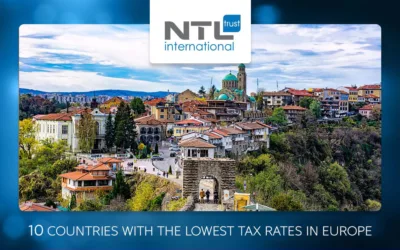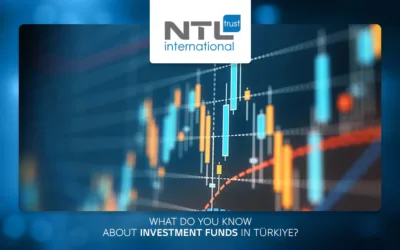
Türkiye is on the competition line with Grenada for the E2 visa:
E-2 is expected to take the lead in the global market later this year due to the rise of the minimum investment requirements for EB-5, in addition to the advantages of E2 over EB-5 in terms of faster processing times, low investment requirements, and more importantly, it is the no retrogression feature.
Unlike the EB-5 visa, the E2 visa is based on citizenship. Because the E2 visa is a treaty-based visa, which means only citizens of the Treaty Countries can apply. In other words, if your home country isn’t a treaty country, you can still get an E2 visa by first becoming a citizen in a country that is.
The fastest way to get new citizenship is usually to participate in a citizenship by investment program (CBI). But there are only 12 of those in the world:
- Antigua & Barbuda
- Cyprus
- Dominica
- Grenada
- Jordan
- Malta
- Moldova
- Montenegro
- Saint Kitts & Nevis
- Saint Lucia
- Türkiye
- Vanuatu
Of those, only five are E2 Treat Countries: Grenada, Jordan, Moldova, Montenegro, and Türkiye.
Since Jordan’s program is prohibitively expensive (at least as a conduit to residency by investment in the US, considering its cost is about double that of an EB-5 visa) and Moldova’s program remains under a moratorium, only three countries: Grenada, Montenegro, and Türkiye.
Montenegro’s minimum investment requirement is still 56% higher than that of Turkey and 158% higher than that of Grenada (presuming single applicants).
Grenada, for the last few years (essentially since EB-5 retrogression became a serious roadblock in 2015, creating a demand for alternatives) enjoyed a virtual monopoly in the CBI-to-E2 niche market.
One year ago, that changed. Türkiye increased its price to US$400,000. But still, the Turkish program is one of the world’s most popular CBI.
Things change quickly in the investment migration business.
That Chinese investors would be lining up to buy Istanbul real estate so they could get Turkish citizenship and subsequently open ice cream parlors in Orlando so their kids could pay in-state tuition at UCLA, the thing which might have sounded bizarre a few years ago.
Turkey and Grenada are now competing head-to-head for the favor of prospective E2 applicants. But who’s got more advantages?
- A bigger advantage is that in Turkey, unlike in Grenada, virtually any type of real estate is approved as a qualifying investment. Türkiye CBI program investors are buying highly liquid assets and, therefore, have a clear exit strategy once their three-year holding period is up.
- Grenada, however, has its own advantages, the most obvious of which is that it has visa-free travel to Schengen.
- Another is that Grenadian passport holders can visit China without a visa.
- Grenada relies in Due Diligence on specialized international companies, while Türkiye relies in this matter primarily on its internal state departments.
Investors must ask themselves:
- Will I actually be living in Grenada/Türkiye?
- Which property market am I more confident about?
- Beyond access to the US, how important is the mobility to me?
10 countries with the lowest tax rates in Europe
Learn about the lowest tax rates in Europe, and some European countries offer citizenship by investment programs.
Top 10 citizenship by investment programs for 2023
Citizenship by investment programs for 2023, with the latest updates related to each program and the most important benefits and benefits.
Thomas Anthony is the new CEO of Grenada Citizenship by Investment Unit
Thomas Anthony has been appointed as the new (CEO) of the Grenada Citizenship by Investment Unit, effective from April 3, 2023
What do you know about investment funds in Türkiye
The investment fund in Türkiye is tax exemption and many benefits end with obtaining Turkish citizenship.
A meeting with the Grenada Investment Development Corporation GIDC
At Grenada Investment Development Corporation (GIDC), Mr. Imad Elbitar met Mr. Royston Cumberbatch, the Vice President of the Investment Promotion Agency.





